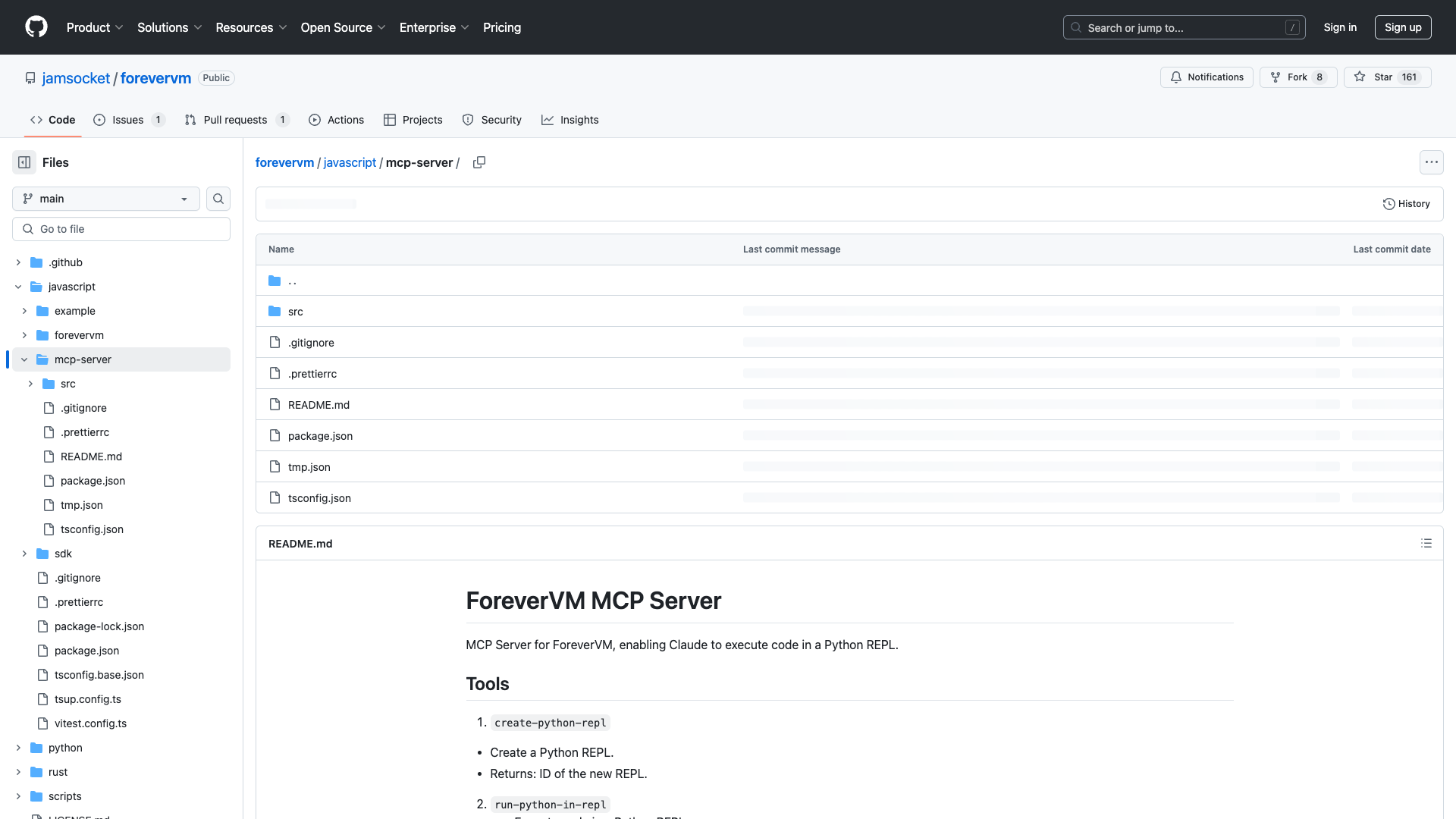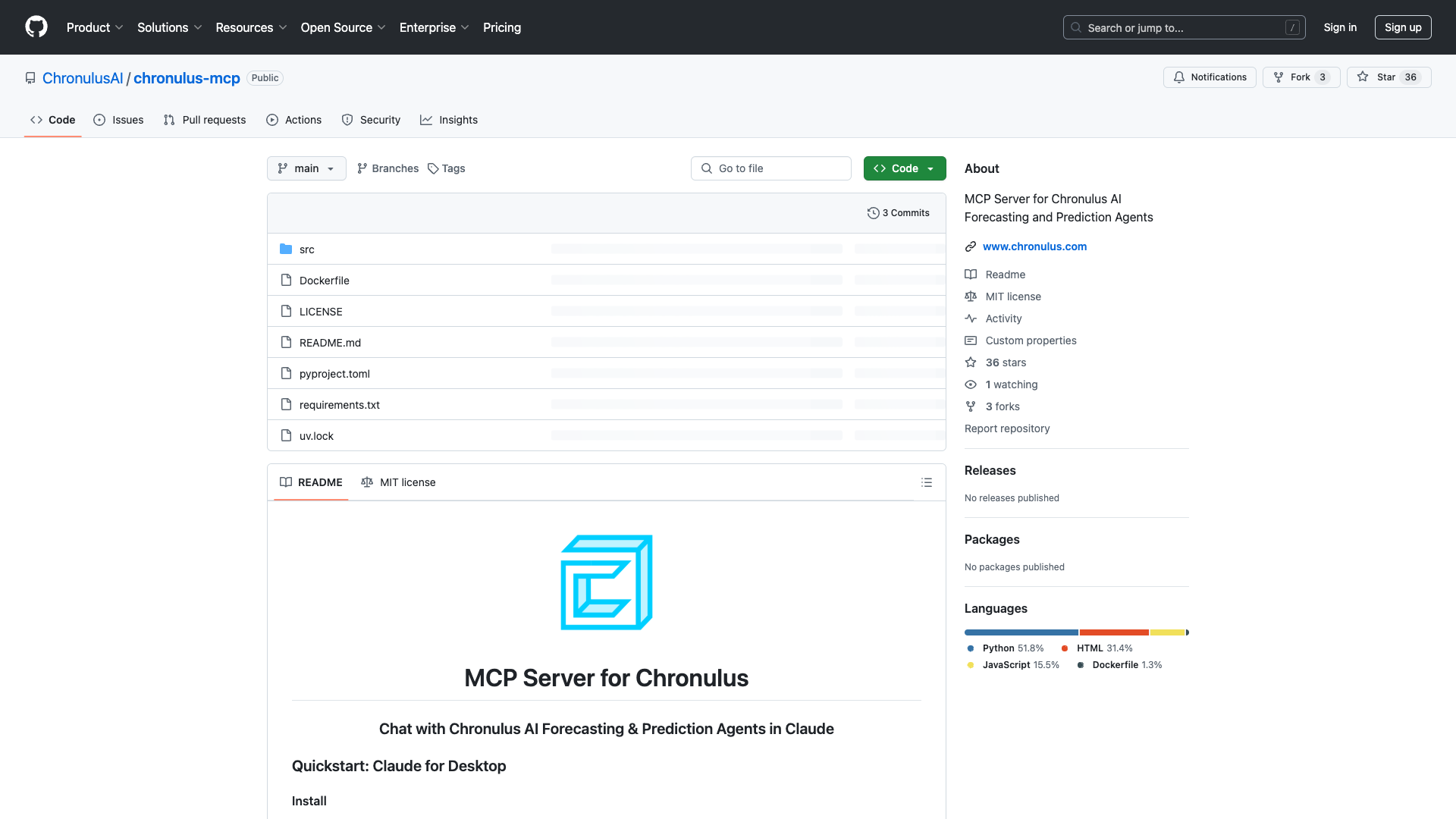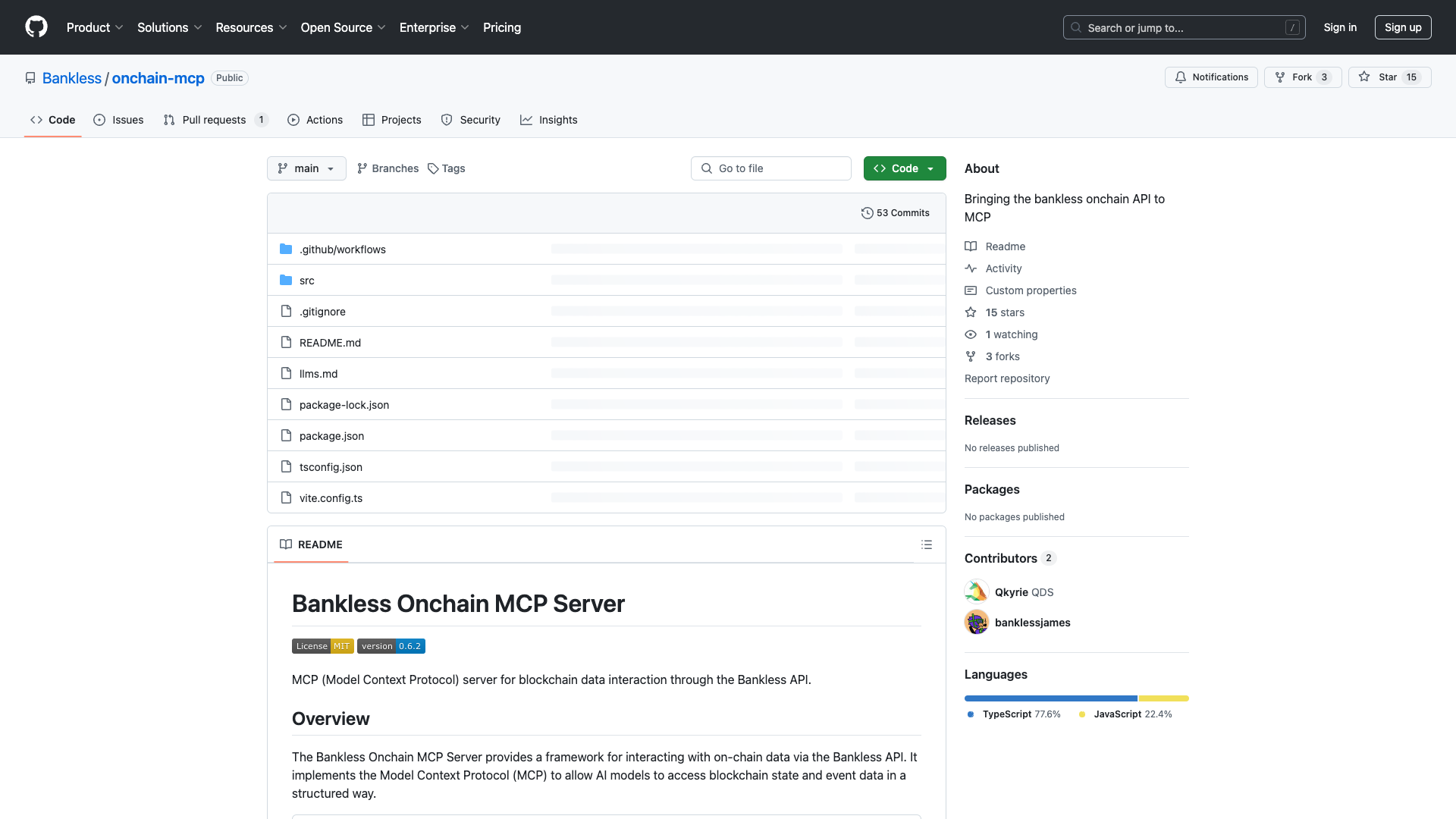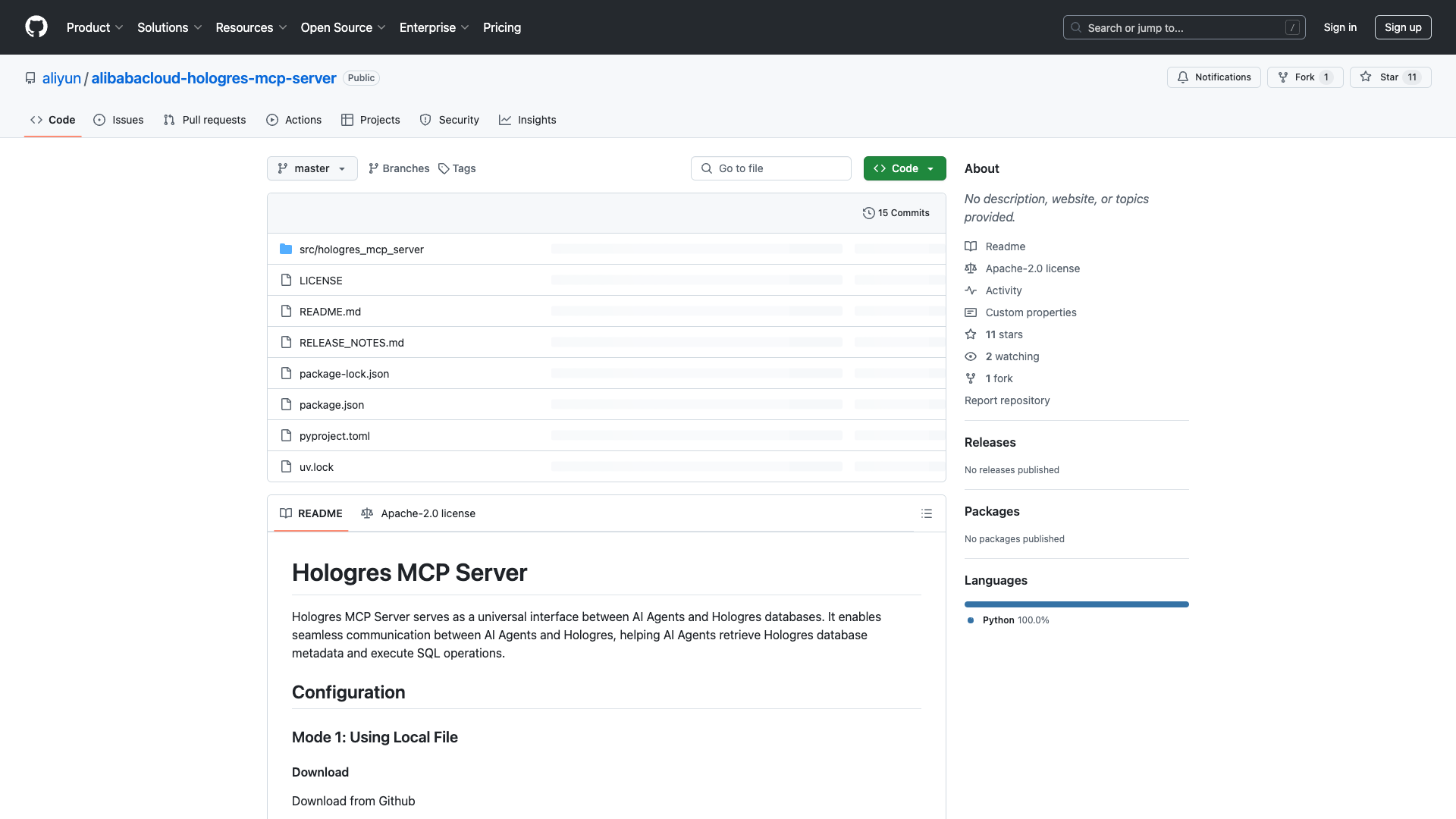Overview
The ForeverVM MCP Server, developed by the user "jamsocket," offers a robust solution for executing AI-generated code securely within stateful sandboxes. This server is particularly beneficial for software developers and researchers looking to run Python code dynamically through the Claude AI system. By providing a reliable environment for testing and running scripts, the MCP Server elevates productivity and streamlines workflows.
Key Features
1. Stateful Sandboxes:
Each REPL (Read-Eval-Print Loop) session operates independently and persistently, allowing users to maintain context across executions without the risk of variable contamination. This feature is essential for those experimenting with potentially untrusted AI-generated code, ensuring a safe and controlled environment.
2. Easy Code Execution:
The intuitive command structure, particularly the run-python-in-repl command, enables quick execution of Python scripts. Users receive immediate feedback on their code, facilitating a smoother development process compared to traditional execution environments that often involve more overhead.
3. Integration with Claude:
The MCP Server is designed to work seamlessly with Claude, an AI model capable of generating and understanding complex programming tasks. This integration enhances productivity, allowing developers to leverage AI suggestions directly within their coding workflows, leading to faster problem-solving and innovation.
4. Simple Setup Process:
Installation is straightforward for developers familiar with Node.js. Users can set up the MCP Server using the command npx forevervm-mcp install --claude, making it accessible even for those who may not be deeply familiar with npm commands and configurations.
Usability and Experience
The overall usability of the ForeverVM MCP Server is commendable. The interface is designed with developers in mind, avoiding unnecessary complexity while providing essential functionalities. Users can easily navigate from installation to regular use without encountering significant hurdles.
However, it is worth noting that the server relies on external dependencies like Node.js. Any issues at this layer could potentially disrupt the user experience, emphasizing the need for a stable environment to maximize the server's capabilities.
Community and Support
While the GitHub repository serves as a collaborative space for developers to discuss issues and improvements, the community resources could be enhanced. Currently, the documentation may not fully address all user needs, and further engagement initiatives could foster a stronger community around the MCP Server.
Conclusion
In summary, the ForeverVM MCP Server stands out as an effective tool for managing long-running Python processes securely through isolated sandboxes. Its integration with Claude and ease of use make it a valuable asset for both academic and professional environments. While there is room for growth in community engagement and support resources, the server delivers consistent value, bridging the gap between human intuition and machine learning capabilities in the ever-evolving landscape of software development.
License Information: The ForeverVM MCP Server is available under the MIT License, allowing for free use, modification, and distribution. For more details, visit the GitHub page.
Open Link


